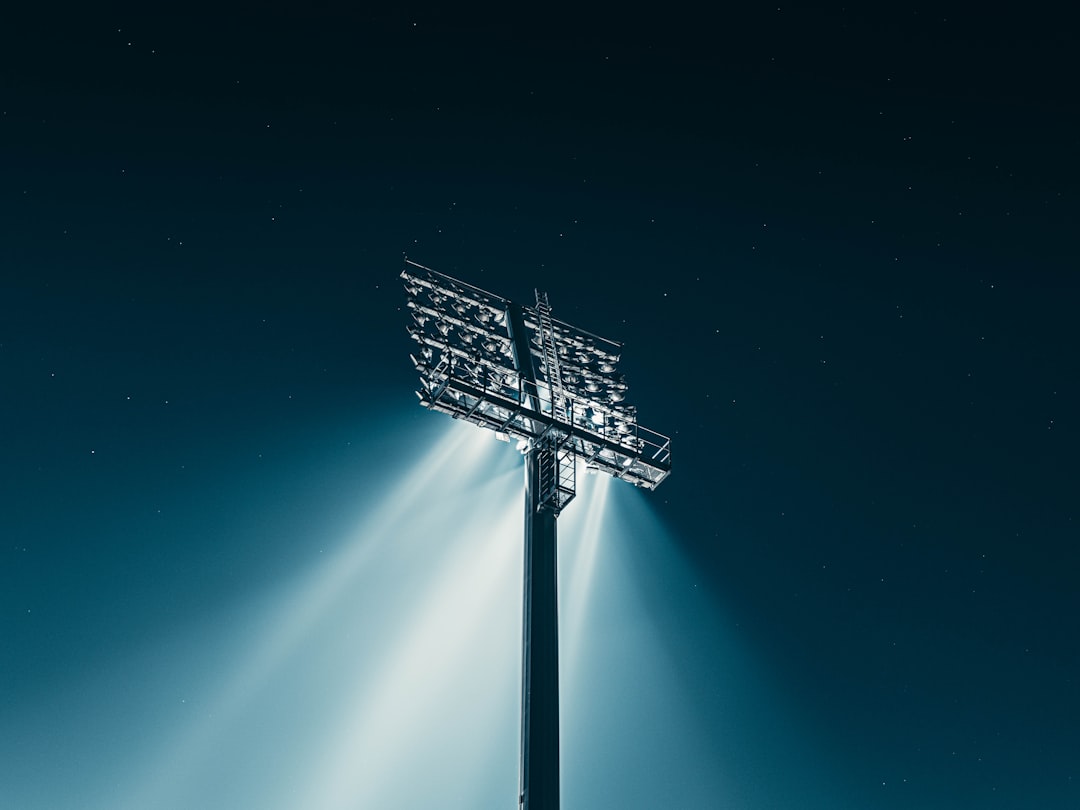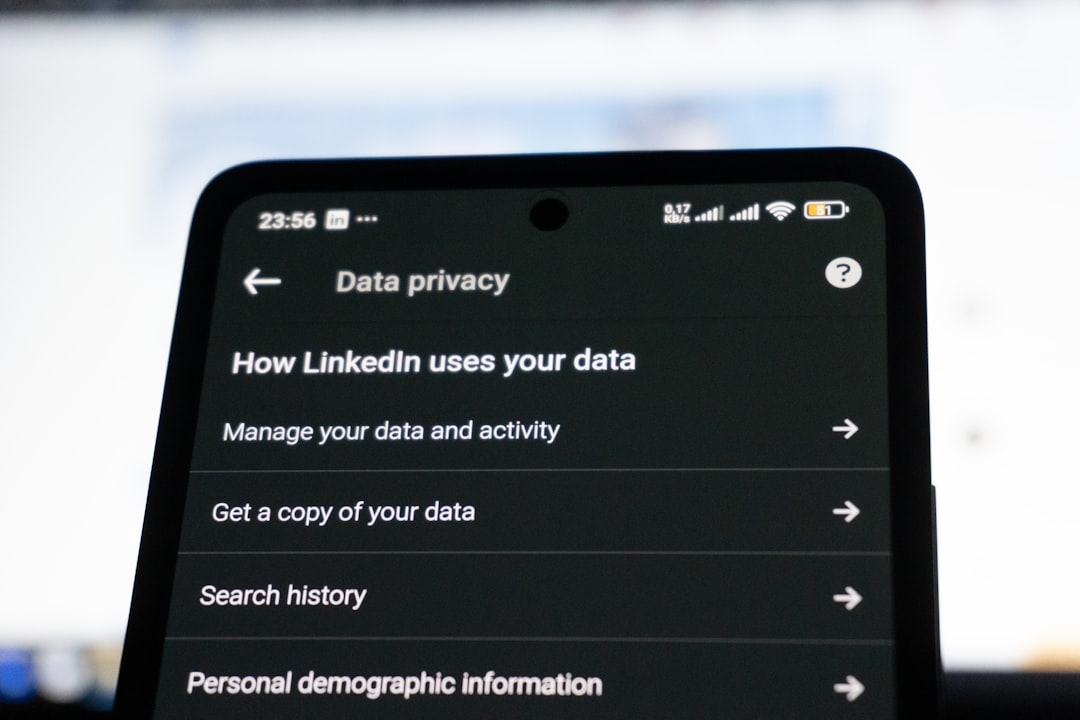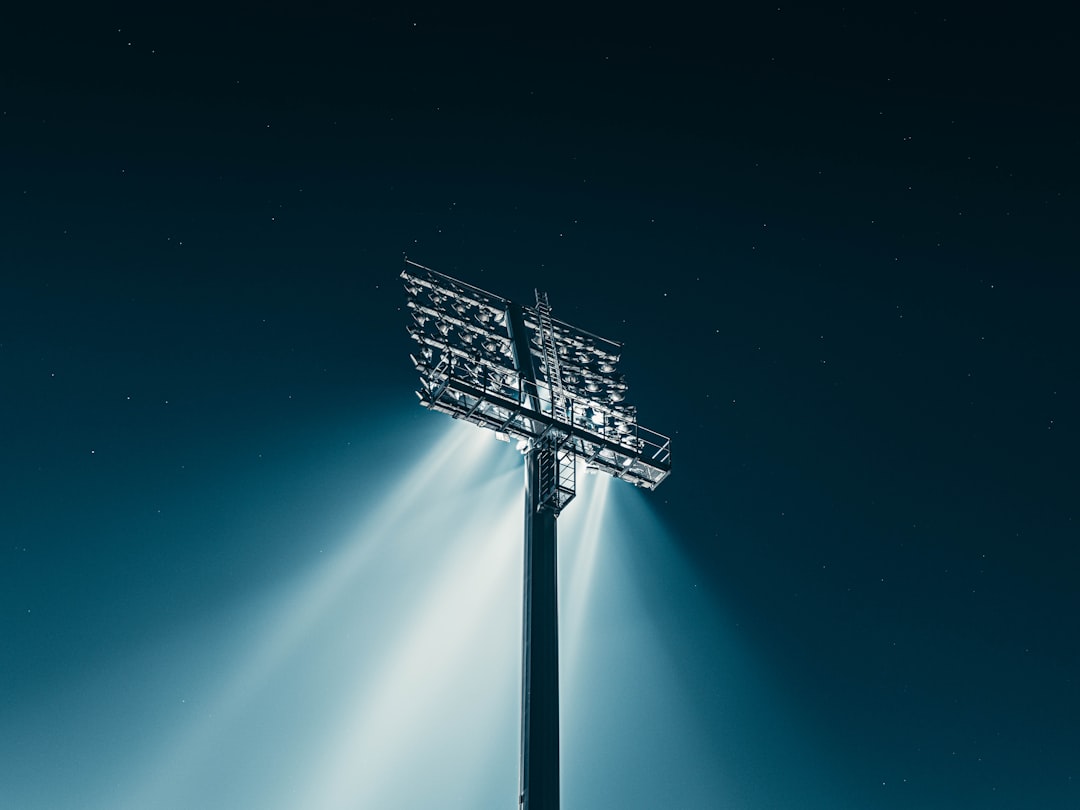How My Peacock Premium Subscription Stopped Streaming Live Sports and the Regional Blackout Explanation I Found
As streaming platforms continue to reshape how consumers watch their favorite shows, many have turned to services like Peacock Premium for live sports access. With its partnership with several major sports leagues, including the Premier League, NFL, MLB, and more, Peacock promised a seamless experience for cord-cutters. However, for one user, that promise fell apart when live sports content stopped streaming without warning. What followed was a frustrating quest for answers, leading to the discovery of a largely misunderstood concept—regional blackouts.
TL;DR: A user subscribed to Peacock Premium specifically for live sports but found certain games and events suddenly unavailable. After customer service didn’t provide much clarity, it was discovered that regional blackout rules—implemented by leagues and broadcasters—were restricting access. These blackouts are based on geographic location and rights agreements, not the streaming platform itself. This article unpacks why this happens and what users can do about it.
When Live Sports Vanish: A Subscriber’s Surprise
Initially, everything worked as expected. The user could stream Premier League matches on weekends, check out Sunday Night Football, and catch replays and highlights without a hitch. But then, things started to shift. First came a match that wasn’t showing up in the listings. Then another, and another. Eventually, entire categories of sporting events disappeared altogether—despite firm assurances that they were part of the Premium package.
Customer service offered vague answers, citing potential “technical issues” or advising the user to reboot the app. It wasn’t until the subscriber started diving into online forums and the fine print of the streaming agreement that the real reason came to light: regional blackouts.
Understanding Regional Blackouts
Regional blackouts are not a new concept. Long before digital streaming, cable networks enforced these restrictions to protect local broadcasters’ rights and attendance in stadiums. In the streaming era, the approach remains the same.
A regional blackout means that if a particular broadcaster holds exclusive rights to air a game in a geographic region, then that game cannot be streamed live through services that don’t hold those local rights. Unfortunately, this doesn’t just apply to cable—it extends to services like Peacock Premium.

Peacock can offer national broadcasts, but if a local broadcaster has rights to a certain game, that game will be blacked out from live streaming on Peacock in that area. This is a deal struck between the leagues and the media, not something Peacock has direct control over. The result for the viewer? An incomplete and sometimes confusing watching experience, especially when you thought you’d be accessing every event.
Different Leagues, Different Rules
One of the more confusing parts about blackouts is that they differ depending on the league. Here’s a rough breakdown:
- MLB: Perhaps the most notorious for blackouts, Major League Baseball has strict regional broadcasting rights. Your local team’s games may never appear live on Peacock if a local network has the rights.
- NFL: NBC’s Sunday Night Football is usually available nationwide on Peacock, but some afternoon games covered by other networks are subject to regional restrictions.
- Premier League: Since this is an international league, blackouts are rare, but licensing agreements can still limit which matches are available for streaming in the U.S. vs. other countries.
Adding to the frustration, these blackout rules aren’t always consistent—even within the same platform or region. For instance, a user living in Chicago might be able to stream Yankees games but not Cubs games because of local market rights.
Why the Discrepancy Isn’t Always Disclosed
One common complaint is that Peacock (and similar platforms) doesn’t make blackout information obvious at the time of subscription. The promise of “live sports” creates the expectation that all advertised games will be available. The fine print, however, often contains legal language explaining that availability may depend on geographic location and league licensing agreements.
This lack of transparency leads to confusion and frustration. Users may subscribe specifically for their local team’s Sunday game, only to discover at kickoff that it’s unavailable.
Some have even accused streaming services of deliberate bait-and-switch tactics. While that’s a stretch legally, there’s no denying the disappointment users feel when their anticipated content is suddenly inaccessible.
Workarounds and Alternatives
Once you understand why live sports are missing, what can you actually do about it? Unfortunately, beating a regional blackout legally is tough. Here are a few options subscribers have explored:
- Use a digital antenna: If you’re dealing with regional blackouts, the simplest way around it might be old-school. A digital antenna can pick up your local broadcast networks in HD for free.
- Turn to league-specific subscriptions: Services like MLB.TV or NFL Sunday Ticket often offer more complete access. However, even these can still carry blackout restrictions depending on your location.
- VPN services: While not encouraged—especially since it can violate terms of service—some users use VPNs to mask their location. This can trick the service into thinking you’re in a region without the blackout. Be aware: this can result in account suspension if caught.

The industry hasn’t yet caught up with the reality that fans want to watch their home teams live without needing a cable subscription. Until those licensing structures evolve, many users remain stuck navigating a maze of what’s available and where.
Looking Forward
The user who initially found their Peacock Premium subscription failing them has now adjusted expectations. They still subscribe, but they’re aware that not every game is guaranteed. More importantly, they’ve begun educating others about the realities of regional blackouts.
For streaming services to retain customer trust, they’ll need to do more than just bury blackout restrictions in the fine print. Clear communication and smarter notification systems—like showing when a game is blacked out and why—would go a long way in managing subscriber expectations.
Frequently Asked Questions (FAQ)
-
Q: Why are some games blacked out on Peacock Premium?
A: Games may be blacked out due to regional broadcasting rights. If a local broadcaster has the rights to a game, it won’t be streamed live on Peacock in that region. -
Q: Can I avoid blackouts with a VPN?
A: Technically, yes; a VPN can change your apparent location. However, this may violate Peacock’s terms of service and could result in your account being suspended. -
Q: Do all sports leagues enforce regional blackouts?
A: Not all, but major leagues like MLB, NFL, and NBA commonly do. International leagues like the Premier League typically have fewer regional restrictions in the U.S. -
Q: Will Peacock ever offer a blackout-free subscription tier?
A: There’s no indication of that currently. Blackouts are based on external rights deals that the service doesn’t control. -
Q: What’s the best alternative to avoid blackouts?
A: A digital antenna is often the most reliable method to get local sports coverage without encountering blackout issues.
Until content rights shift to a more viewer-friendly model, understanding the rules behind what’s available and what’s not remains essential for subscribers who don’t want to be caught off guard by another sudden blackout.



